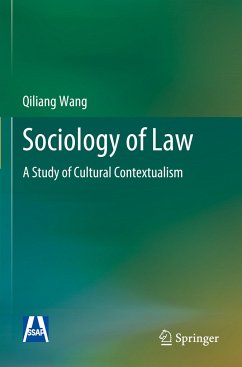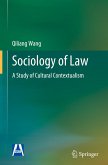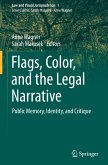This book, based on extensive ethnographic material, analyzes the complex relationships between the law and various social controls, helping to answer the question of how social order is formed. Formal law exists in a web of complex structures and meanings. Accordingly, legal study must take into account multiple types of order, allowing us to understand in depth the strengths and weaknesses, reasonable and absurdity, and successes and failures of the law. In addition, the interactions of numerous actors shape the structure and context of the law.
Exploring these aspects-while also highlighting diverse informal/non-state norms that influence day-to-day social practices, and which have never been replaced by modern laws-the book offers an insightful resource for all readers who are interested in the practice of Chinese law or in the connections between culture, society, and the law.
Exploring these aspects-while also highlighting diverse informal/non-state norms that influence day-to-day social practices, and which have never been replaced by modern laws-the book offers an insightful resource for all readers who are interested in the practice of Chinese law or in the connections between culture, society, and the law.








